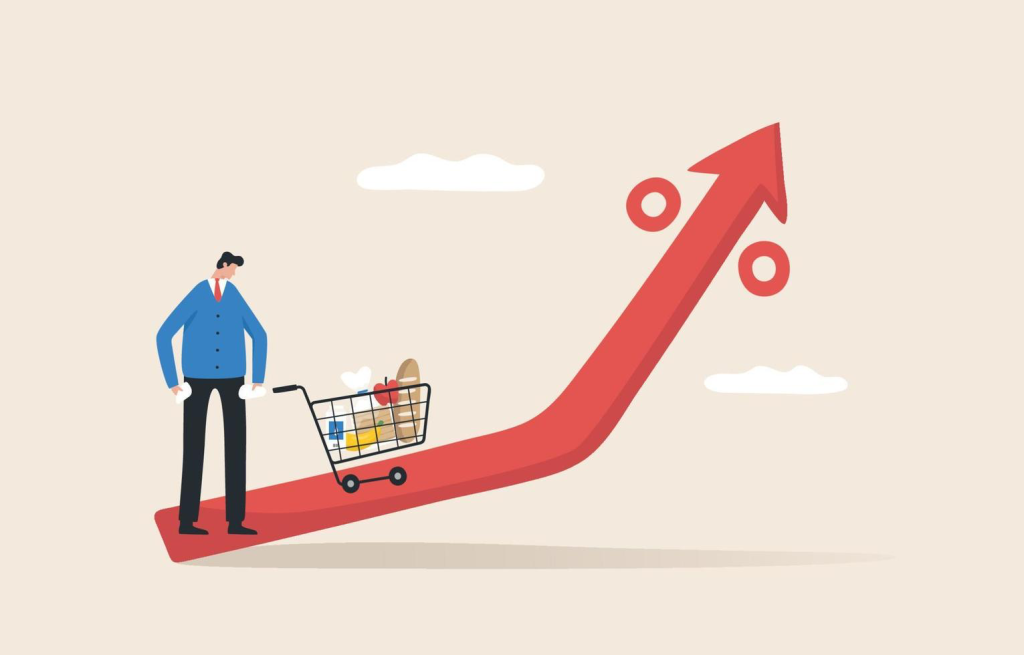Analyzing the Effects of Rising Commodity Prices on Consumer Spending

The recent surge in commodity prices has raised concerns about its impact on consumer spending. As prices for essential goods such as food, fuel, and raw materials climb, households are experiencing increased financial strain. This phenomenon is not just a regional issue but a global one, affecting economies worldwide.
Commodity prices have risen sharply due to various factors, including supply chain disruptions, geopolitical tensions, and increased demand. For instance, the price of oil has seen significant increases, leading to higher transportation and energy costs. Similarly, food prices have surged due to supply shortages and adverse weather conditions affecting crop yields.
These rising costs have a direct impact on consumer behavior. As the cost of living increases, many consumers find themselves adjusting their spending habits. Discretionary spending on non-essential items is often reduced as people prioritize essential needs such as groceries and utilities. This shift can lead to a slowdown in economic growth as reduced consumer spending affects businesses, particularly those in the retail and hospitality sectors.
Economists predict that if commodity prices remain high, the trend of reduced consumer spending may continue. This could further strain economic recovery efforts and impact overall economic stability. Policymakers are closely monitoring these developments to implement measures that can mitigate the effects on consumers and support economic growth.
In summary, rising commodity prices are reshaping consumer spending patterns, with significant implications for both individual households and the broader economy. Understanding these effects is crucial for adapting to the evolving economic landscape and planning for future financial stability.